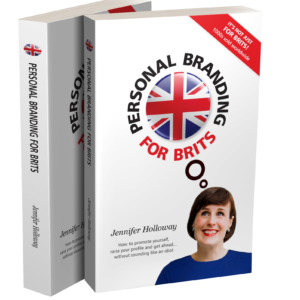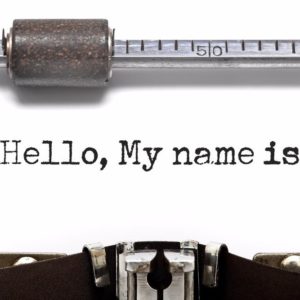

“Do You Have Any Questions?”
It may have been a while since you had an interview (or it may have been yesterday). But do you remember the end of the conversation when you were invariably asked:
“Do you have any questions?”
What was your reply?
Maybe it was, “No…I’m good thanks.”
Maybe it was, “Yeah…what exactly is it this company does?”
Maybe it was, “Did I get the job?”
Maybe it was an even more direct, “When do I start?”
I blooming well hope not, because those are terrible answers (but we’d be kidding ourselves to think there aren’t candidates asking them).
So what should you say instead?
Well first off, you shouldn’t view the question as just a way for the interview to end. Instead you should view it as a last opportunity to give some insight to your personal brand. Ask something that will get people’s attention and get you remembered – for the right reasons.
Secondly, think in advance about what that question will be. That way, when the inevitable happens and the question gets popped, you’ll be primed and ready to offer a quality answer. (And not the off-the-top-of-your-head dross you might otherwise come out with.)
If you want some suggestions for what you might ask, try these on for size:
Reply 1
“Is there anything in my answers today that’s raised concerns for you?”
This was shared with me by a delegate on a recent workshop as a question she’d asked. It shows you’re open to feedback, plus it’s a great way to shut down any issues before you leave the room.
If they answer, “Not at all, ” and you believe them, then you can depart a happy bunny.
However, if they answer, “Not at all,” but you suspect there was an issue, you can choose to address it yourself with, “I’m pleased, because I appreciate it might seem [whatever the issue is] but in actual fact [evidence that it isn’t an issue].”
Reply 2
“What should I know about what it’s like to work for you – good or even not-so-good?”
This is showing you’re confident and willing to challenge and also has a slight air of cheekiness that, if the interviewer is any sort of person, should raise a smile. (And if it raises a sneer, you now know you don’t want to work for them anyway.)
If cheekiness isn’t part of your personal brand, you can still ask it, but just leave out the bit after the dash.
Reply 3
“Is there anything else I could tell you about myself that would help you make a decision?”
This flips the ‘do you have a question’ right back at them, which shows you’re good at taking control. And it may just elicit a question that, when you answer it, gives them the nugget of personal brand insight that lands you the job.
Reply 4
“This is more of a statement than a question. I simply wanted to say I’d love the opportunity to work with you.”
You should, of course, only use this if it’s true. But if you’ve finished the interview and feel excited about the job, let them know you’re excited about the job.
Because if they’ve narrowed their decision to you and one other person, that outright display of enthusiasm might be the thing that swings it in your favour.
It certainly did to me, when I got my first job in PR and my boss said my making that statement had her making her mind up. Years later, it also swung it for the person I interviewed who delivered a hand-written letter the following day thanking me for my time and saying how much she’d value getting the job.
What do you think of those suggestions? And what are the closing questions you’ve found work for you? It can be tricky to get right, so why not share the love – and the knowledge – with a comment below? Thanks.







My lucky question is ‘What would you want me to concentrate on in the first 6 months of the job?’.
The first time I asked it the answer was ‘Raise the profile of the L&D department’ so I quickly sketched out a few ideas.
When I started I asked for feedback on my interview and why I had been successful. I was told it was because I was the only candidate who talked about raising the team profile. There was no mention of the single most important thing in their questions or the job description, so thank goodness I gave them an opportunity to talk about it!
Ooh… That’s a really good example. I might nick that to suggest to people on my workshops asking about interview questions.